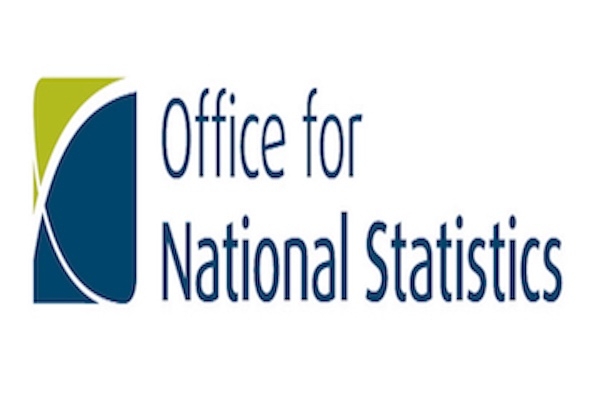CPI inflation dipped by 0.1 percentage points to 3.1% in September after rising by a record amount in August to 3.2% from 2% the previous month.
The figure, used to help calculate the UK State Pension, means that the State Pension is set to increase by 3.1% in 2022/23 in line with September's CPI figure.
Unless altered by the government, the Basic state pension will rise by £4.25, from £137.60 per week to £141.85 per week and the Flat-rate state pension is set to rise by £5.55, from £179.60 per week to £185.15 per week.
The Government has temporarily dropped the State Pension Triple Lock for this year, reducing it to a Double Lock due to the surge in average earnings. Without the move the State Pension could have risen by 8.3% next year, investment platform AJ Bell has calculated.
Tom Selby, head of retirement policy at AJ Bell, said: “The good news for retirees is the state pension is set to increase by 3.1% next year, boosting the incomes of those in receipt of the full flat-rate benefit by £5.55 a week. The basic state pension, meanwhile, is set to rise by £4.25 to £141.85 per week.
“However, the Government’s decision to suspend the earnings element of the State Pension triple-lock means retirees will miss out on a blockbuster 8.3% increase. This decision will ‘cost’ someone in receipt of the full flat-rate state pension £9.35 a week in retirement income – or £486.20 over the course of the year."
The CPI sister index, the Consumer Prices Index including owner occupiers’ housing costs (CPIH), rose by 2.9% in the 12 months to September 2021, down from 3% in the 12 months to August.
The ONS, which produces the inflation statistics, said the biggest upward contribution to the September 2021 CPIH 12-month inflation rate came from transport (0.91 percentage points) as fuel prices and other transport costs soared.
There were also big upward contributions from housing and household services (0.69 percentage points), restaurants and hotels (0.34 percentage points), as well as recreation and culture (0.31 percentage points).
Ironically, restaurants and hotels also made the largest downward contribution to the change in the CPIH 12-month inflation rate between August and September 2021. ONS said the large downward contribution was a "base effect" because restaurant and cafe prices recovered in September 2020 following the end of the Eat Out to Help Out scheme in August last year.
Melanie Baker, senior economist at Royal London Asset Management, said the CPI drop was likely to be temporary.
She said: “UK inflation remains elevated and although we may not have seen another big jump in the CPI measure of inflation in September, there is more to come. Energy bills are among factors set to help push consumer price inflation further above the Bank of England’s target in the near term.

